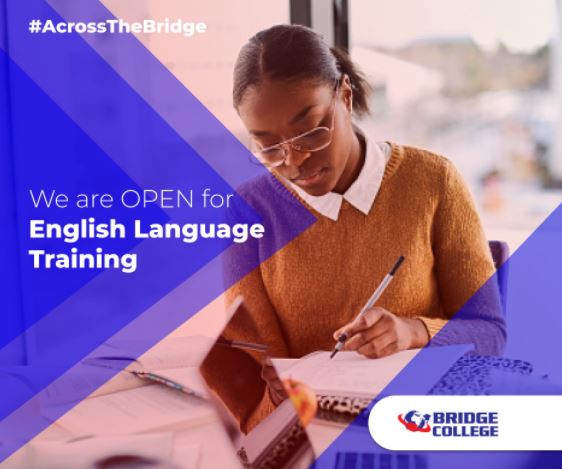×
The Standard e-Paper
Smart Minds Choose Us

An article was published in the Weekend Magazine on October 24, 2020, where the Shipping & Maritime Principal Secretary, Nancy Karigithu observed that lack of basic English language skills may limit the competitiveness and chances of employability amongst local youths.